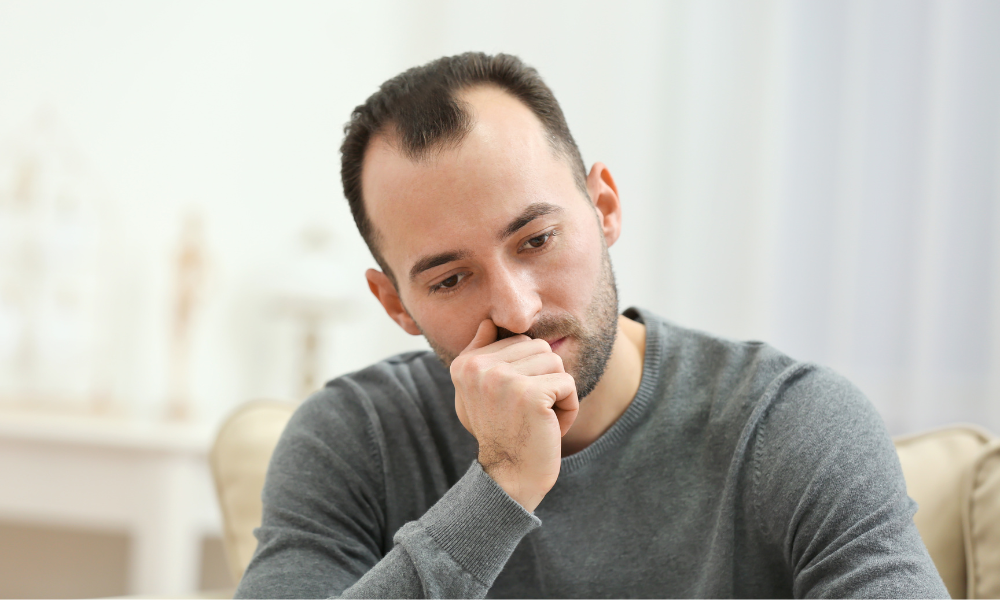What is erectile dysfunction?
Erectile dysfunction, also known as impotence, is a problem with getting or keeping an erection. This can lead to stress, low self-esteem, and relationship problems. Erectile dysfunction is more common as men get older, but can occur at any age.
Causes of erectile dysfunction
Physical causes
There are several physical causes of erectile dysfunction. Diabetes, cardiovascular disease, high blood pressure, and obesity are some common medical conditions that can play a role. In addition, hormone deficiencies and neurological disorders can cause erectile dysfunction.
Psychological causes
Psychological factors are also important. Stress, anxiety, and depression can have a major impact on sexual function. Relationship problems and performance anxiety are common contributors to erectile dysfunction. Addressing these psychological causes is crucial for effective treatment.
Incontinence and erectile dysfunction
Urinary incontinence is reported by 11% to 34% of older men, but we know that the condition is vastly underreported. The prevalence is even higher for men who have had prostate cancer surgery . 9 out of 10 men who have had prostate cancer surgery experience incontinence after surgery. Incontinence and ED share many common risk factors, including aging, diabetes, obesity, or certain medical treatments. Additionally, the psychological effects of incontinence can lead to self-esteem issues that contribute to erectile dysfunction. While these conditions are not directly related, they are often intertwined in some way.
Treatment Options for Erectile Dysfunction
Medication
Several medications can help treat erectile dysfunction. Viagra, Cialis, and Levitra are common examples. These medications work by improving blood flow to the penis. It is important to only use these medications under the supervision of a doctor.
Therapy
Therapy can be very effective, especially when psychological factors are involved. Cognitive behavioral therapy (CBT) can help reduce stress and anxiety. Couples therapy can also be helpful in improving communication and intimacy within a relationship.
Lifestyle changes
Healthy lifestyle changes can often reduce erectile dysfunction. Quitting smoking, exercising regularly, and eating a healthy diet are crucial steps. Limiting alcohol consumption and avoiding drugs can also have a positive effect.
Prevention of erectile dysfunction
Healthy lifestyle
A healthy lifestyle is key to preventing erectile dysfunction. Regular exercise improves circulation and reduces stress. A balanced diet rich in vegetables, fruits, and whole grains supports overall health and sexual function.
Regular medical check-ups
Regular medical check-ups can help detect and treat underlying health problems early. This significantly reduces the risk of erectile dysfunction. Always discuss any concerns with a doctor to find appropriate treatment.
Conclusion
Erectile dysfunction is a common problem that can have both physical and psychological causes. Fortunately, there are several treatment options available, ranging from medication and therapy to lifestyle changes. By maintaining a healthy lifestyle and undergoing regular medical check-ups, erectile dysfunction can often be prevented or reduced. It is essential to talk openly about this topic and seek professional help when necessary.



















